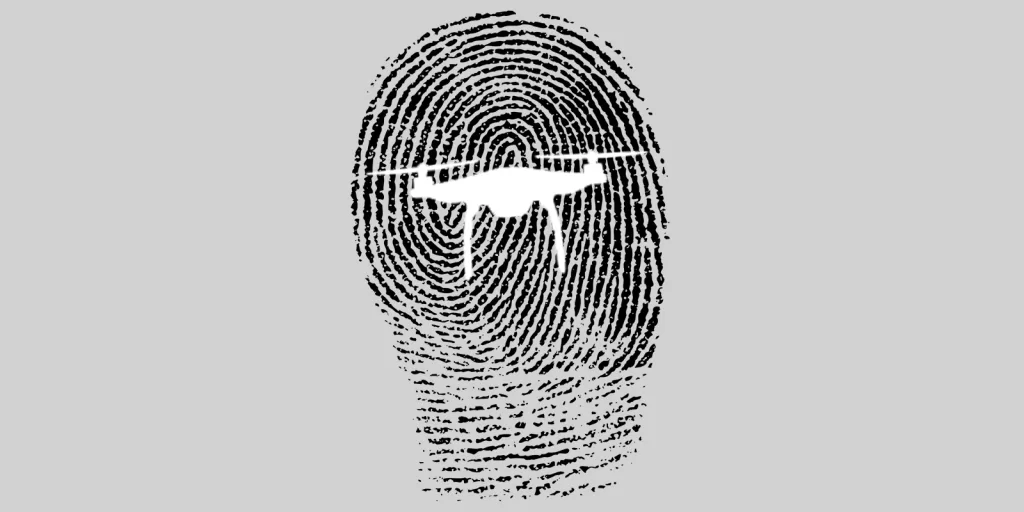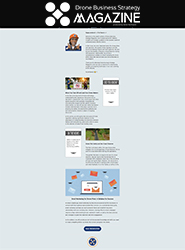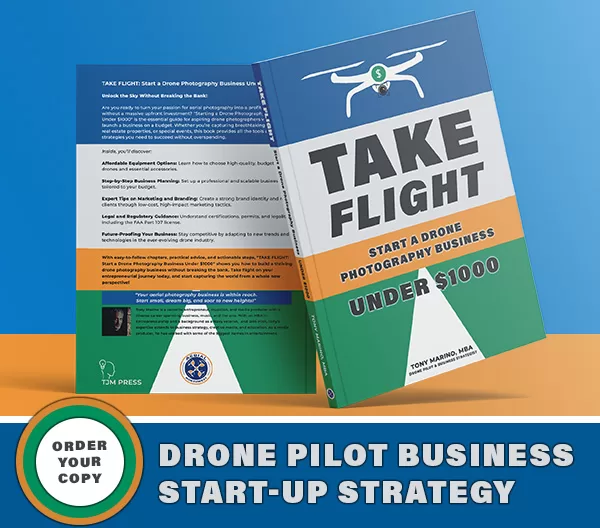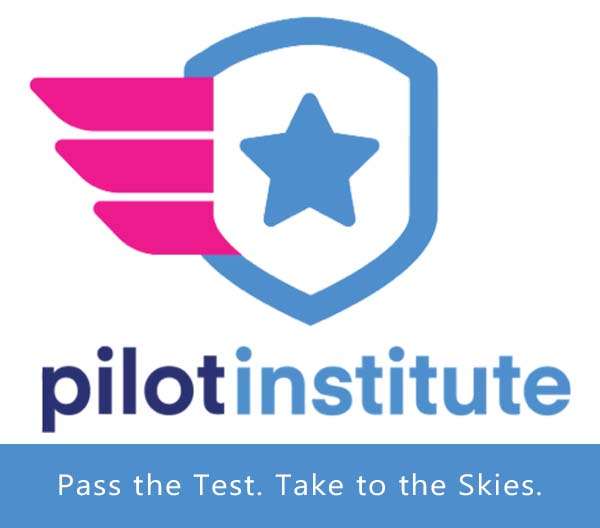
In the dynamic world of drone aviation, staying ahead of regulatory changes is paramount for safe and successful operations. As the Federal Aviation Administration (FAA) proposes new rules that may impact drone pilots and operators, it’s crucial to develop a proactive legal strategy to navigate these changes effectively.
Recently, the FAA released a second notice of proposed rulemaking with broad implications for aviation. It spans across Parts 89, 91, 107, 137, and 135. Whether you’re seeking waivers, exemptions, authorizations, registrations, or any other FAA paperwork, these changes are crucial to understand.
Jonathan Rupprecht, a renowned aviation attorney, offers invaluable insights into the FAA’s latest Notice of Proposed Rulemaking (NPRM) concerning false statements, omissions, or incorrect statements within the drone community. Published on February 8, 2024, this NPRM consolidates regulations across various parts to ensure consistency in dealing with misleading information provided to the FAA.
Proposed rules targeting intentional deception or inaccuracies when submitting paperwork or documents to the FAA have significant implications for drone operators. From certification waivers to product compliance claims and accident reporting, every aspect of drone operations is intricately tied to regulatory compliance.
Navigating Legal Changes
To navigate these proposed changes effectively, drone pilots and businesses must develop a comprehensive legal strategy. Here are some key considerations to keep in mind:
1. Stay Informed: Stay Ahead of Regulatory Changes
Regularly monitoring updates from the FAA and trusted legal resources such as Jonathan Rupprecht’s insights is essential to staying informed about proposed rule changes and their implications for drone operations. Subscribe to FAA newsletters, follow reputable industry blogs, and engage with professional networks to ensure you are up-to-date with the latest developments.
By staying informed, you can anticipate changes, adapt your strategies, and maintain compliance with evolving regulations.
2. Assess Impact: Evaluate Potential Risks and Compliance Gaps
Take the time to assess how proposed rule changes may impact your current drone operations, certifications, waivers, or business practices. Conduct a thorough review of your operations to identify areas of potential risk or compliance gaps that need to be addressed. Consider factors such as airspace restrictions, operational limitations, and certification requirements.
By understanding the potential impact of regulatory changes, you can proactively address any challenges and ensure continued compliance with FAA regulations.
3. Legal Compliance: Prioritize Adherence to FAA Regulations
Ensuring strict adherence to FAA regulations and reporting requirements is essential to avoid penalties or legal repercussions. Implement robust record-keeping processes to document all aspects of your drone operations, including flight logs, maintenance records, and compliance documentation. Maintain transparency in your dealings with regulatory authorities and proactively address any compliance issues that arise.
By prioritizing legal compliance, you can protect your business and reputation while maintaining the highest standards of safety and professionalism in drone operations.
4. Engage Expertise: Seek Professional Guidance
Seeking guidance from experienced aviation attorneys like Jonathan Rupprecht is invaluable when interpreting proposed rule changes and developing tailored legal strategies for compliance and risk mitigation. Aviation attorneys have the expertise and insights to navigate complex regulatory landscapes and provide practical advice on how to ensure compliance with FAA regulations.
By engaging with legal experts, you can gain clarity on regulatory requirements, identify potential legal risks, and develop proactive strategies to protect your interests and ensure regulatory compliance.
5. Advocate for Feedback: Participate in the Regulatory Process
Participating in the FAA’s comment period for proposed rule changes is an opportunity to provide constructive feedback and insights from the drone community. Advocate for regulations that balance safety and innovation in drone operations, and provide feedback on how proposed rule changes may impact your business or operations.
By actively engaging in the regulatory process, you can help shape the future of drone aviation and ensure that regulations are practical, effective, and conducive to the growth of the industry.
Conclusion: The Takeaway
Let’s all continue to help safeguard the future of drone aviation. As we navigate the complexities of proposed FAA rule changes, it’s paramount to prioritize legal compliance and proactive risk management. With the enduring legal expertise and insights generously provided by Jonathan Rupprecht, we, as drone pilots and businesses, are better equipped to adapt to evolving regulations with confidence and resilience.
Proactive legal strategy goes beyond mere compliance—it’s about safeguarding our interests, ensuring operational continuity, and fostering a culture of responsibility and professionalism in the drone industry. As we prepare for the implementation of new FAA rules, let’s remain vigilant, informed, and proactive in safeguarding the future of drone aviation.
We extend our heartfelt gratitude to Jonathan Rupprecht for his invaluable contributions on behalf of drone pilots and the UAV industry at large. Let’s continue to seek out the sound advice and practical insights of experts within the subsectors of our aviation field, ensuring that we uphold the highest standards of safety, compliance, and innovation in drone operations.
Be smart, safe, and forever fly!
If you have any questions, let us know! If you’d like to hire us, you can get more information here.
Written by: Tony Marino, MBA – FAA Certified Part 107 Commercial Drone Pilot and Chief Business Strategist at Aerial Northwest
Disclaimer: The information provided in this blog post is for general informational purposes only and should not be construed as legal advice.
Resources
- Article: FAA NPRM on False Statements, Omissions, or Incorrect Statements (RIN 2120-AL84)
- FAA NPRM: Falsification, Reproduction, Alteration, Omission, or Incorrect Statements
- FAA Resources: FAA DroneZone
- Article: Drone Pilot Aerial Photography Business Plan Blueprint 2024
- Article: Top 5 Drone Pilot Marketing Channels for 2024

DRONE BUSINESS STRATEGY MAGAZINE
A free digital publication made exclusively for all small business drone pilots to them help start-up, become profitable while sustaining a competitive advantage within the drone service industry sector they opt to serve.
“If you love to fly, we’d love to have you come aboard!”
We share your information with no one. Our Privacy Policy.









Leave a Reply
Your email is always safe with us.